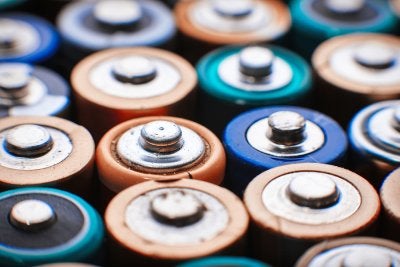Proper waste management is very important for businesses that generate hazardous materials as a part of their routine operations. If your business discards batteries, pesticides, or products that contain mercury, you are obligated to participate in the universal waste program that has been created by the EPA. A company that offers waste disposal and junk removal in Atlanta will be able to help you create a safe processing plan for the hazardous waste that is created by your business. To help you comply with EPA standards, here is a brief guide to what you need to know about universal waste. 
The Purpose of the Universal Waste Program
In recent decades, the EPA has recognized that certain types of hazardous waste are frequently discarded by many different types of businesses and industries. In order to streamline the collection process and keep hazardous materials out of landfills, the EPA created the universal waste program. This program regulates the processing of hazardous waste collection, and also helps companies with the proper disposal of potentially toxic and harmful materials.
The Types of Universal Waste
Universal waste falls into a few, distinctive categories. Batteries are among the most common types of universal waste that businesses toss out every day. All types of batteries are considered to be hazardous once they have been placed in the trash. Other categories of universal waste include pesticides, as well as equipment and lamps that contain traceable amounts of mercury. All of these items need to be safely handled by a designated waste processing facility.
The Categories of Universal Waste Participants
A company’s participation in the federal universal waste program will be dictated by the quantity of hazardous waste that it handles every day. Companies that produce small amounts of waste are categorized as small quantity handlers. Larger organizations and companies that generate high volumes of hazardous waste earn the designation of large quantity handlers. No matter your designation, a waste management company will help you safely process your universal waste products.

